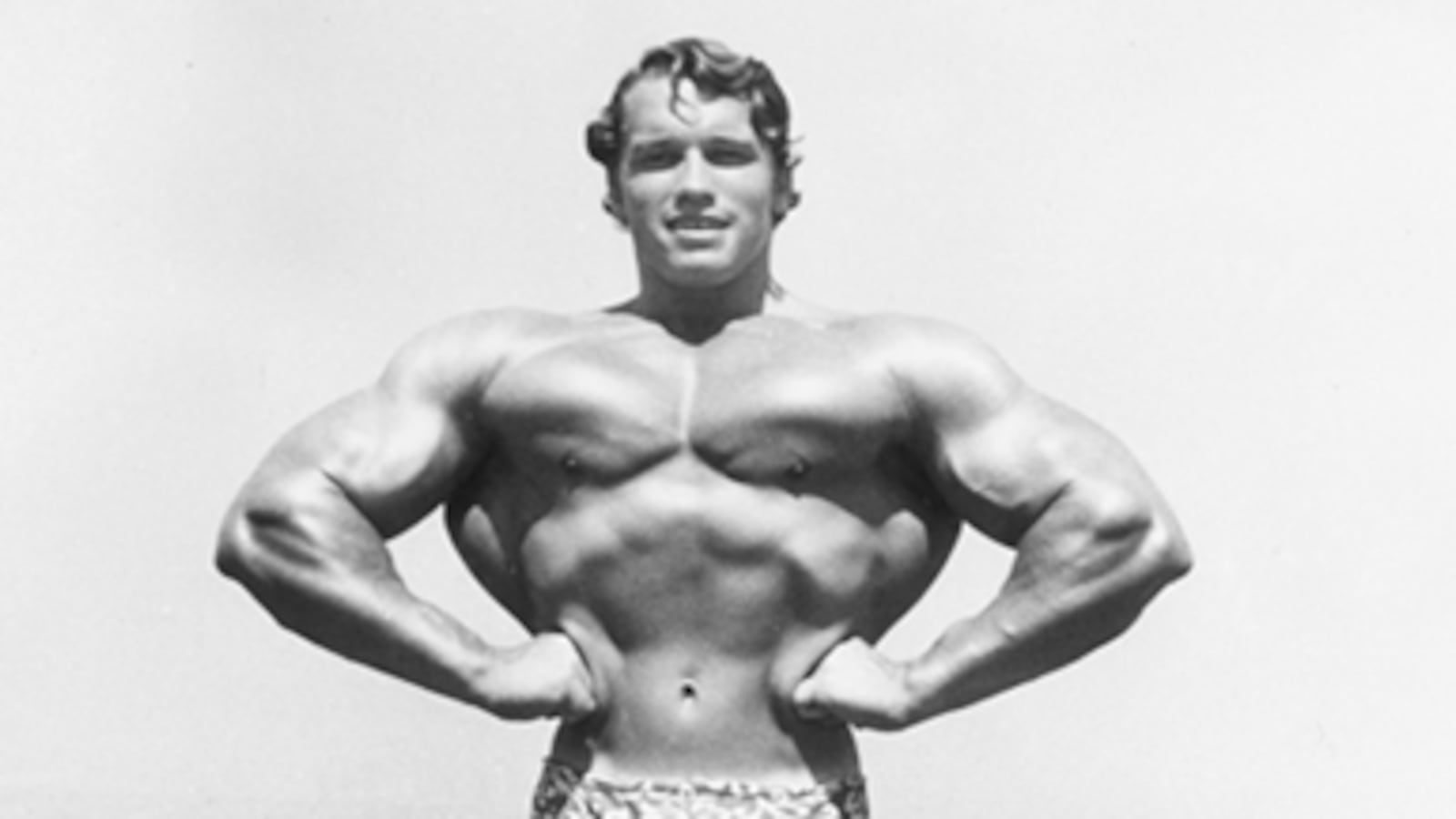Celebrities are constantly trying to tell us that they’re not the same people we read about in the tabloids—that things are taken out of context and exaggerated. Lindsay Lohan, Paris Hilton, Kim Kardashian. They’ve all said this so many times, it’s practically a mantra.

Before Arnold Schwarzenegger admitted last week to having an illegitimate child with a member of his household staff, he too was a big fan of this argument. So was his wife, Maria Shriver.
When Schwarzenegger ran for California governor in 2003, Shriver responded to allegations of his womanizing, saying, “You can listen to all the negativity, and you can listen to people who have never met Arnold, or who met him for five seconds 30 years ago. Or you can listen to me… I wouldn't be standing here if this man weren’t an A-plus human being. I wouldn’t be taking my time, I wouldn’t have left my job that I love, I wouldn’t be doing any of this if I didn’t believe in this man.” Days later, he won the election in a landslide.
But if the voters of California were fooled, it might be their own fault. In fact, from the moment Arnold became a star, his “character” was an issue. Back in 1977, as the Baryshnikov of steroid use headed toward his sixth Mr. Olympia win, he filmed the documentary Pumping Iron, which became a cult classic and turned him into a household name. And in it, he was every bit the narcissistic louse we’ve “discovered” him to be in the last week.
He’s shallow and manipulative, deceptive and undermining. His taste in women? As indiscriminate as all the recent evidence shows.
Some have said in recent days that it is inconceivable that Schwarzenegger had the self-confidence to run for public office while basically paying his housekeeper to keep his love child under wraps. But to watch this movie is to realize that Schwarzenegger is a man who never let anything—least of all morality—get in his way.
Let’s go to the videotape.
Perhaps the most famous clip from Pumping Iron, this scene shows Schwarzenegger explaining why he loves working out all day long: it’s just like sex!
Shortly thereafter, he goes to inspire convicts at a prison, gives a woman there a big kiss, and behaves as if this token of affection is a major act of public service.
The men Arnold most admires? Not Martin Luther King or George Washington. No, this guy dreams of dictators. Oh, and he thinks Jesus had a good PR strategy.
Is Arnold a standup, honest guy? Is he humble, supportive of other people? Not remotely.
When Arnold heads to South Africa for the Mr. Olympia contest, a female journalist asks him what his “type” of woman is, and he basically says that so long as she’s breathing (“and charming”) he can make use of her.
In South Africa, Arnold heads to breakfast with Lou Ferrigno, a young competitor, and makes fun of him relentlessly. Schwarzenegger makes fun of Ferrigno’s body, telling him he’s not big enough yet to compete, and that it wouldn’t matter if he were because then Arnold would just get bigger too … In fact, Arnold is so confident he’s going to win the Mr. Olympia title for the sixth time, he confesses to calling his mother in Austria to say he’s already won.
Toward the end, we get a glimpse of how nothing can distract Arnold from winning his bodybuilding trophies—not even the death of his father, whose funeral he skipped because of an upcoming competition.
After Arnold wins his sixth and final trophy, we see him riding in the back of a car with Ferrigno and Ferrigno’s family. The big winner’s unwavering self-confidence is on full display.
Jacob Bernstein is a senior reporter at The Daily Beast. He has also written for New York magazine, Paper, and The Huffington Post.






